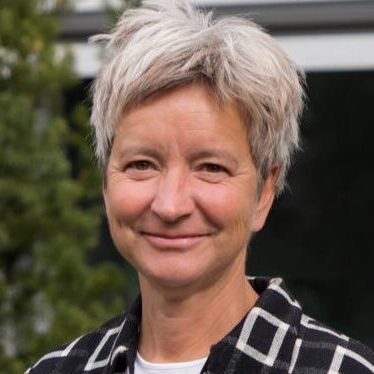Graduate School
Else Kröner-Promotionskolleg Re-Thinking Health:
Understanding Health and Prevention
Embedded in the Strategy 2030 of the Charité – Universitätsmedizin Berlin, the EKFS Promotionskolleg Re-Thinking Health offers a structured training program for medical students at Charité – Universitätsmedizin Berlin, with the aim of introducing medical students to substantial scientific activity at an early stage and to support and mentor them individually beyond the doctorate, thus preparing them in the best possible way for a career as Clinician Scientists.
The EKFS Promotionskolleg Re-Thinking Health offers a special mentoring program specifically tailored to female physician scientists, which is intended to illustrate career paths for female physician scientists. Part of this specific program is mentoring by leading international, female Physician Scientists as role models.
The Faculty is composed of scientific leaders and scientists with a recognized track-record in mentoring and graduate education. The EKFS Promotionskolleg Re-Thinking Health is open to all research group leaders who would like to offer challenging scientific projects with a focus on understanding the molecular programs that underpin, maintain and promote health. This open constellation enables broad interdisciplinary translational approaches to scientifically relevant questions that contribute to the understanding of health and identify options for early therapy and prevention by investigating the underlying molecular signaling pathways.
The Else Kröner-Fresenius Stiftung, together with the Faculty of Medicine at Charité, is responding to the growing need for medical professionals with in-depth scientific training who can integrate the complex biological background of the scientific understanding of health, understand the underlying molecular signaling pathways and apply their knowledge to the development of suitable preventive therapies by establishing the EKFS-Promotionskolleg Re-Thinking Health.
The EKFS Promotionskolleg Re-Thinking Health thus aims to provide an additional scientific qualification for medical students who want to conduct a challenging experimental doctoral thesis on an MD/PhD track and encourages them to apply for a scholarship.
Tight Connection to ZIBI Graduate School
The EKFS Promotionskolleg Re-Thinking Health will closely collaborate with the ZIBI Graduate School Berlin, the graduate school of the Center for Infection Biology and Immunology (Coordinator: Prof. Dr. Chiara Romagnani). ZIBI offers a wide range of programs that our students can attend. Since 2005, ZIBI serves as an umbrella for all graduate training programs with a focus on research in infection and immunity. ZIBI represents a strong and lively community of interdisciplinary research groups, with doctoral students located at the Berlin universities (Freie Universität Berlin, Humboldt-Universität zu Berlin, Charité – Universitätsmedzin Berlin, Technical University Berlin) and non-university research institutes/basic science institutions (Deutsches Rheuma-Forschungszentrum, Max Planck Institute for Infection Biology, Max Planck Unit for the Science of Pathogens, Robert Koch Institute).
In addition, our young researchers benefit from the broad and optimized range of competence courses at the Charité – Universitätsmedizin Berlin, the Berlin Institute of Health (BIH), the Dahlem Research School (FU), the Humboldt Graduate School (HU) and the Max Delbrück Center for Molecular Medicine (MDC).
Doctoral students of the EKFS Promotionskolleg Re-Thinking Health take advantage of this offer and can optimally complement their personal curriculum in this way. In addition, the international research environment of the ZIBI Graduate School and the intensive scientific exchange between life science and medical doctoral students enable the further expansion of an interdisciplinary environment in the field of translational research.
Else Kröner-Fresenius-Stiftung
The Else Kröner-Fresenius-Stiftung (EKFS) was set up in 1983 by the entrepreneur Else Kröner, neé Fernau, who bequeathed it all her assets. The non-profit foundation is dedicated to advancing medical research and medical-humanitarian projects.
Program Directors
Program Directors

Prof. Dr. Andreas Diefenbach
Institute of Microbiology, Infectious Diseases and Immunology
Development and Funtion of the Innate Immune System
Charité – Universitätsmedizin Berlin
Development and Function of the Innate Immune System
German Rheumatology Research Center (DRFZ)
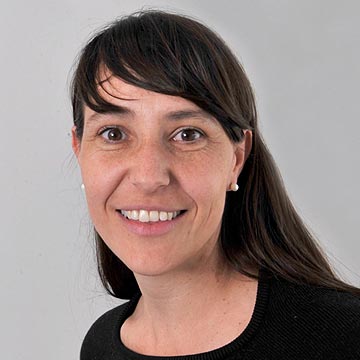
Prof. Dr. Chiara Romagnani
Institute of Medical Immunology
Charité – Universitätsmedizin Berlin
Innate Immunity
German Rheumatology Research Center (DRFZ)
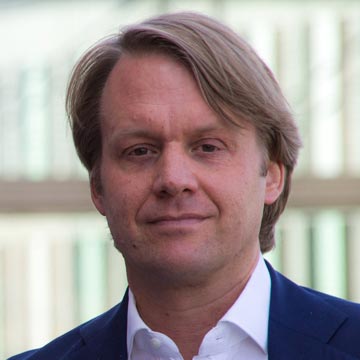
Prof. Dr. Felix Knauf
Department of Nephrology and Medical Intensive Care
Crystal-associated Kidney Diseases
Charité – Universitätsmedizin Berlin
Coordination

Dr. Inka Gotthardt
Institute of Microbiology, Infectious Diseases and Immunology
Charité – Universitätsmedizin Berlin
Phone: +49 30 450 653485
mail
For all scientific issues and administrative tasks related to the ZIBI Graduate School please contact
Dr. Svenja Rühland via
info@zibi-berlin.de
Faculty
All members of the Re-Thinking Health faculty have one thing in common: excellence, curiosity, collaborative spirit, multidisciplinarity, and the goal of introducing medical students to the scientific understanding of the state of health as an active process driven by mechanisms of continuous adaptation to the environment, thus training the next generation of experts in this scientifically highly attractive biomedical field in a structured graduate program.
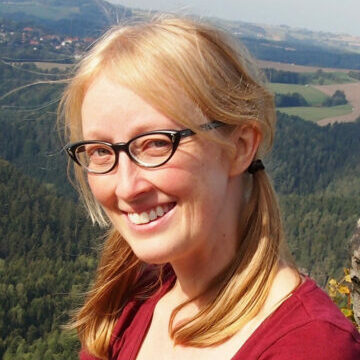
PD Dr. Melanie Conrad
Institute of Microbiology, Infectious Diseases and Immunology
Reproductive Immunology
Charité – Universitätsmedizin Berlin
mail
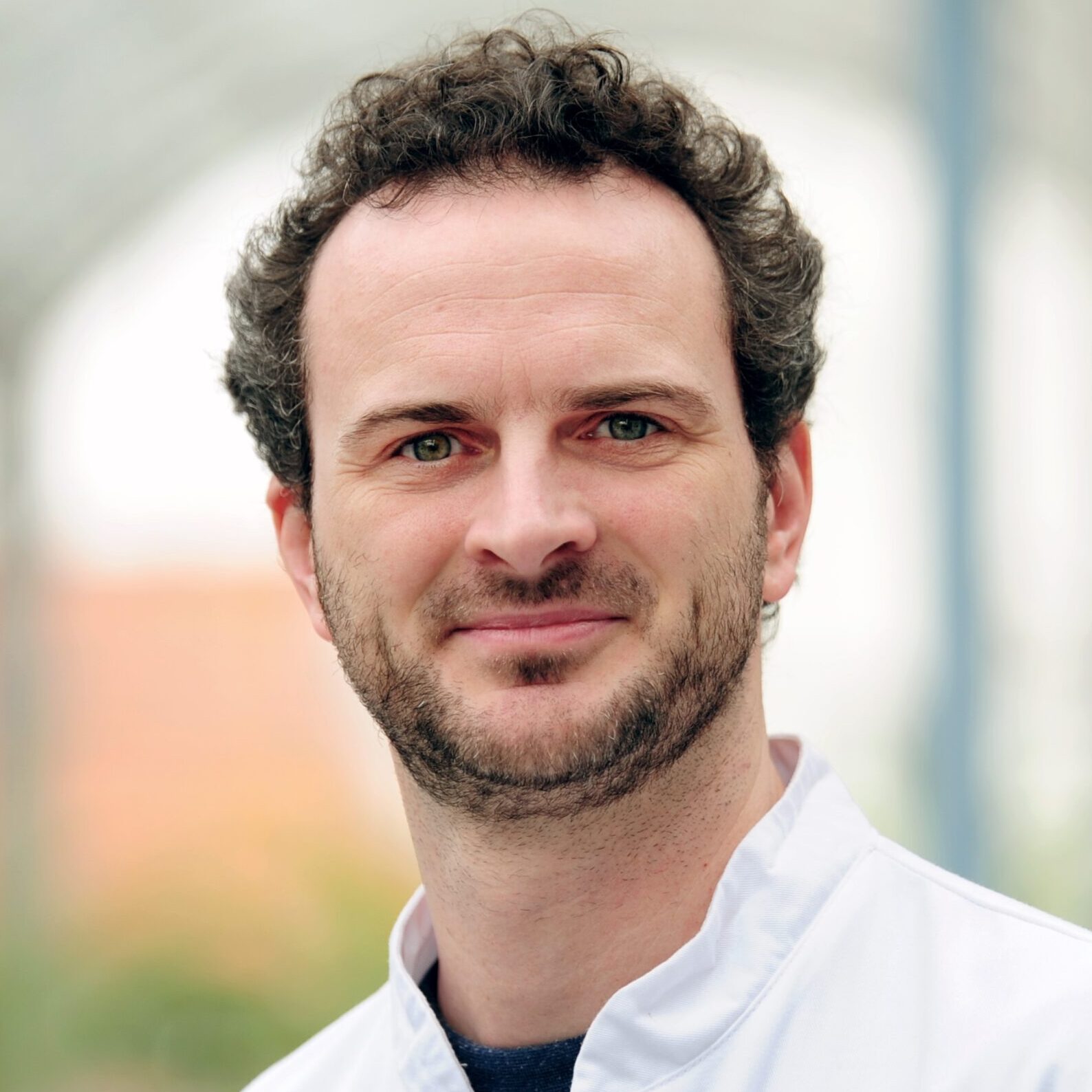
Prof. Dr. Frederik Damm
Department of Hematology, Oncology and Cancer Immunology
Genetic Aberrations of
Hematologic Malignancies
Charité – Universitätsmedizin Berlin
mail

Prof. Dr. Andreas Diefenbach
Institute of Microbiology, Infectious Diseases and Immunology
Development and Function of the
Innate Immune System
Charité – Universitätsmedizin Berlin
Development and Function of the Innate Immune System
German Rheumatology Research Center (DRFZ)

Dr. Claudia Dürr
Institute of Microbiology, Infectious Diseases and Immunology
Mucosal Immunity
Charité – Universitätsmedizin Berlin
mail

Prof. Dr. Kai-Uwe Eckardt
Department of Nephrology and
Medical Intensive Care
Charité – Universitätsmedizin Berlin
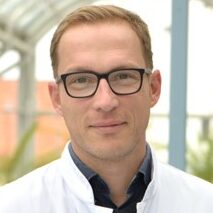
Prof. Dr. Cornelius Engelmann
Department of Hepatology and Gastroenterology
Liver Failure
Charité – Universitätsmedizin Berlin

Prof. Dr. Philipp Enghard
Department of Nephrology and
Medical Intensive Care
Innovative Urine Cell Analysis and Pathogenesis of Kidney Diseases
Charité – Universitätsmedizin Berlin

Prof. Dr. Kamran Ghoreschi
Department of Dermatology, Venereology and Allergology
Molecular Immunology
Charité – Universitätsmedizin Berlin
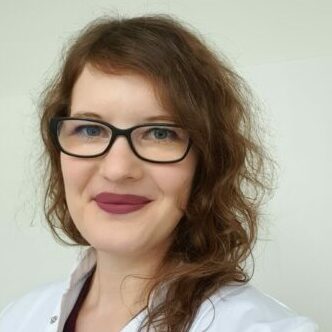
PD Dr. Linda Hammerich
Department of Hepatology and Gastroenterology
Tumor Immunology and
Immunotherapy of GI-Tumors
Charité – Universitätsmedizin Berlin

Prof. Dr. Jan Halbritter
Department of Nephrology and
Medical Intensive Care
Nephrogenetics
Charité – Universitätsmedizin Berlin

Prof. Dr. Anja Hauser
Department of Rheumatology and Clinical Immunology
Charité – Universitätsmedizin Berlin
Immune Dynamics
German Rheumatology Research Center (DRFZ)
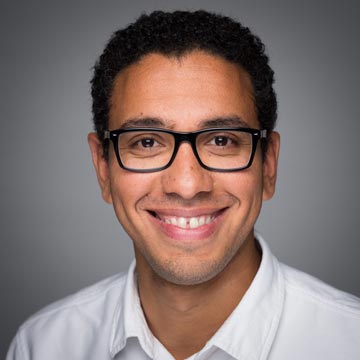
Prof. Dr. Dr. Ahmed Hegazy
Department of Gastroenterology, Infectiology and Rheumatology
Charité – Universitätsmedizin Berlin
Host-microbiota Interactions Shape Intestinal Inflammation
German Rheumatology Research Center (DRFZ)

Prof. Dr. Stefan Jordan
Institute of Microbiology, Infectious Diseases and Immunology
Laboratory of Microbiology, Metabolism & Inflammation (LoMMI)
Charité – Universitätsmedizin Berlin
mail
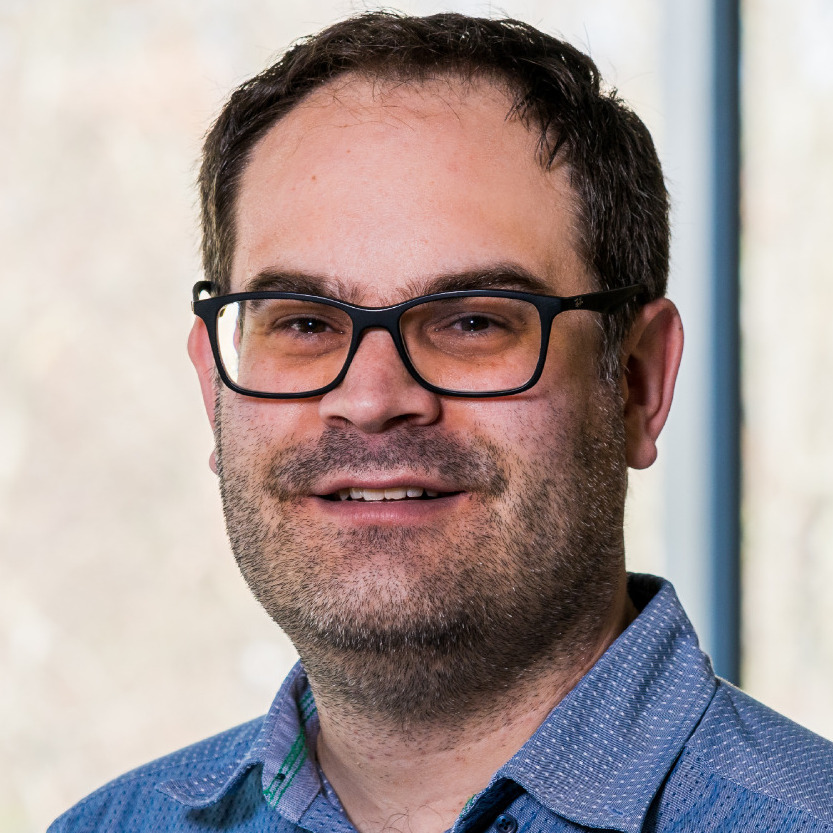
Prof. Dr. Christoph Klose
Institute of Microbiology, Infectious Diseases and Immunology
Neuro-immune Interactions
Charité – Universitätsmedizin Berlin

Prof. Dr. Felix Knauf
Department of Nephrology and
Medical Intensive Care
Crystal-associated Kidney Diseases
Charité – Universitätsmedizin Berlin

Dr. Dr. Marina Kolesnichenko
Department of Hepatology and Gastroenterology
Signal Transduction in the GI Tract
in Health and Disease
Charité – Universitätsmedizin Berlin

Prof. Dr. Gerhard Krönke
Department of Rheumatology and Clinical Immunology
Charité – Universitätsmedizin Berlin
Clinical Rheumatology
German Rheumatology Research Center (DRFZ)

Prof. Dr. Wolfgang Kübler
Institute of Physiology
Lung Vascular Research
Charité – Universitätsmedizin Berlin
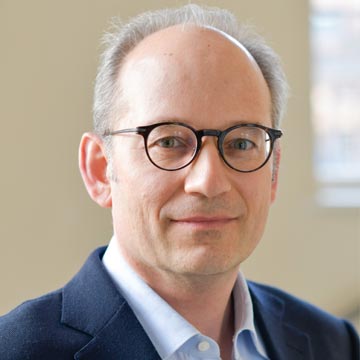
Prof. Dr. Marcus Mall
Department of Pediatric Respiratory Medicine, Immunology and Critical Care Medicine
Charité – Universitätsmedizin Berlin
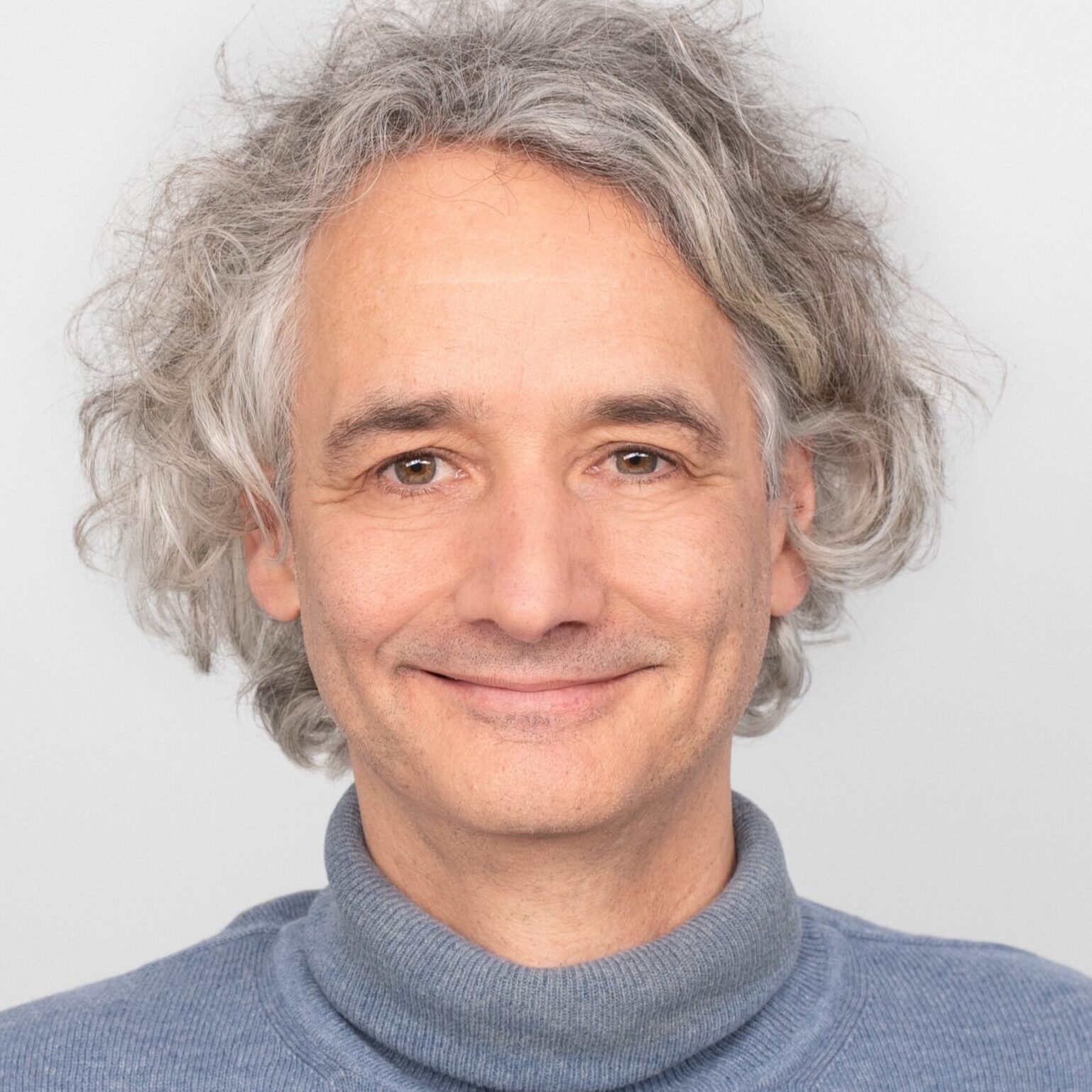
Prof. Dr. Dominik Müller
Hypertension-caused End-Organ Damage
Max Delbrück Center
for Molecular Medicine (MDC)
Experimental and Clinical Research Center (ECRC)
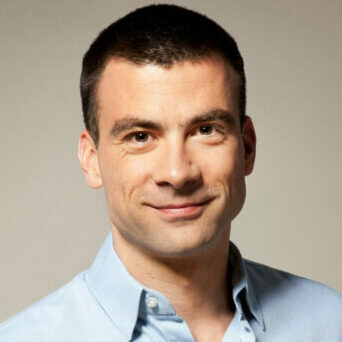
Prof. Dr. Bastian Opitz
Department of Infectious Diseases and Respiratory Medicine
Laboratory of Pulmonary Infection and Immunology
Charité – Universitätsmedizin Berlin

PD Dr. Tobias Petzold
Department of Cardiology, Angiology and Intensive Care Medicine
Thromboinflammation
German Heart Center Berlin
mail

Prof. Dr. Chiara Romagnani
Institute of Medical Immunology
Charité – Universitätsmedizin Berlin
Innate Immunity
German Rheumatology Research Center (DRFZ)

Prof. Dr. Francesca Ronchi
Institute of Microbiology, Infectious Diseases and Immunology
Host-Microbiota Interactions
Charité – Universitätsmedizin Berlin
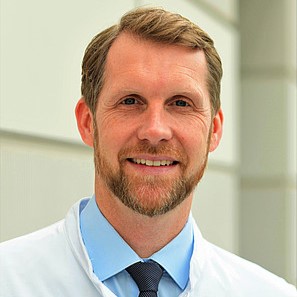
Prof. Dr. Leif Erik Sander
Department of Infectious Diseases and Respiratory Medicine
Infection Immunology and Vaccinology
Charité – Universitätsmedizin Berlin

Prof. Dr. Britta Siegmund
Department of Gastroenterology, Infectiology and Rheumatology
Intestinal Inflammation and Tumor Immunology
Charité – Universitätsmedizin Berlin
mail

Prof. Dr. Michael Sigal
Department of Hepatology and Gastroenterology
Luminal Gastroenterology
Charité – Universitätsmedizin Berlin
Gastrointestinal Barrier, Regeneration and Carcinogenesis
Max Delbrück Center – Berlin Institute of Medical Systems Biology (MDC-BIMSB)
mail

Dr. Efstathios Stamatiades
Institute of Microbiology, Infectious Diseases and Immunology
Tissue Monitoring by Macrophages
Charité – Universitätsmedizin Berlin

Prof. Dr. Frank Tacke
Department of Hepatology and Gastroenterology
Experimental Hepatology and Liver Immunology
Charité – Universitätsmedizin Berlin
mail

Prof. Dr. Antigoni Triantafyllopoulou
Department of Rheumatology and Clinical Immunology
Charité – Universitätsmedizin Berlin
Macrophage Biology and Innate Networks in Chronic Inflammatory Diseases
German Rheumatology Research Center (DRFZ)
mail
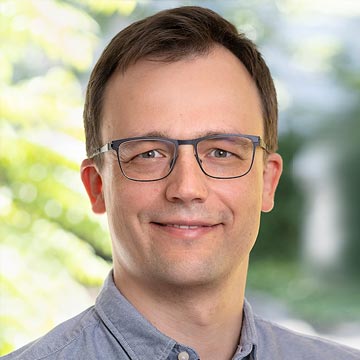
PD Dr. Nicola Wilck
Department of Nephrology and
Medical Intensive Care
Immune-Microbial Dynamics in Cardiorenal Disease
Charité – Universitätsmedizin Berlin
Immune-Microbial Dynamics in Cardiorenal Disease
Experimental and Clinical Research Center (ECRC)
mail
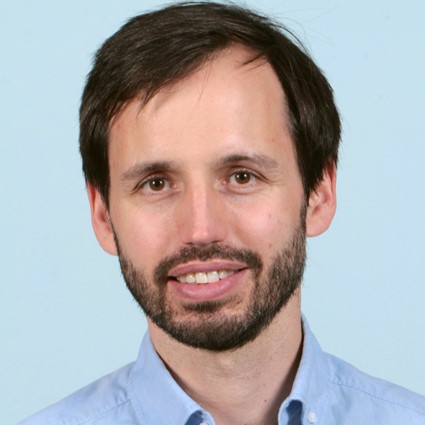
Dr. Marco Witkowski
Department of Cardiology, Angiology and Intensive Care Medicine
Metabolomics – Microbiome – Thrombosis
German Heart Center Berlin
mail
